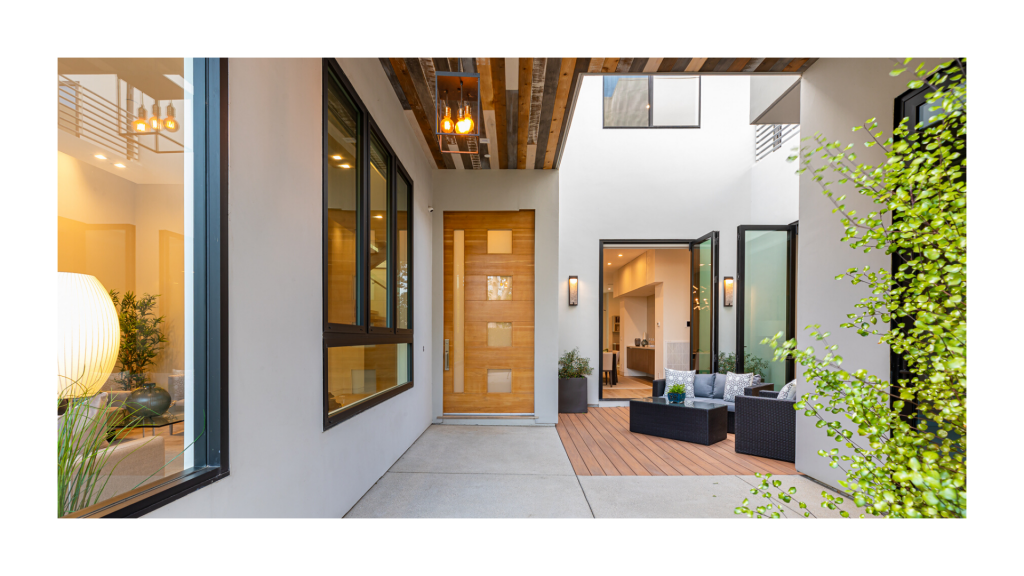We have all heard of the term “capital gains tax,” which obviously means tax on gains from selling capital assets. For purposes of this article, capital gains taxes come into play when you sell your house for more than what you bought it for – which is always the goal. The Tax Cuts and Jobs Act (“TCJA”) altered capital gains taxes on the sale of your home.
To put it plainly, capital gains tax applies to the sale of possessions and property that result in a profit (if you “flipped” that property in under a year, you will pay “short-term capital gains tax”). Profits realized after a year are subject to “preferential capital gains tax rates.”
Luckily, selling your home likely qualifies you for certain exemptions from the capital gains. For example, you receive a $250,000 exemption (per person) from capital gains tax when you sell your primary residence.
EXAMPLE: If you or your significant other purchase a primary residence in Studio City for $1,000,000, live in that home for 5 years, and sell that home for $1,500,000, you will not pay any taxes.
To qualify for these exemptions, the following must be true: (1) the home is your primary residence; (2) you have owned this primary residence for 2 years or more; (3) you must have lived in the primary residence for 2 of the last 5 years; and (4) you cannot have utilized this tax exemption within the past two years.
Turning to the example above, you can see all the conditions are met, which means each spouse receives the aforementioned $250,000 exemption. Thus, while realizing a $500,000 profit, you will not have to pay capital gains tax on that profit.
Using the example above, let’s say you sold your home for $1,600,000 (leaving $100,000 that are subject to the capital gains tax) – how much do you owe? The answer depends on your filing status, as well as your income: (1) if you are a single filer, earning less than $39,375 per year, you will pay 0% in taxes; (2) if you are a single filer, earning between $39,376 and $434,550, you will pay 15% in taxes; (3) if you are a joint filer, with household earnings between $78,751 and $488,850, you will pay 15% in taxes; (4) if you are filing as head of household, and earn between $52,751 and $461,700, you will pay 15% in taxes; (5) if you are a single filer, earning more than $434,550 you will pay 20% in taxes; (6) if you are a joint filer, earning more than $488,850, you will pay 20% in taxes; and (7) if you are filing as head of household, and earn more than $488,850, you will pay 20% in taxes. Thus, the maximum capital gains tax is reserved for those making the most money, and is capped at 20%. This is in addition to state taxes.
It is important to note that the money you spend on home improvements is reduced from the “profit” you realized on the sale of your home.
EXAMPLE: You and your spouse purchased a home for $1,000,000. You lived in that home for 5 years, and spent $100,000 improving your property. You sell your home for $1,600,000. How much do you pay in capital gains tax? The answer is 0. This is because of the $250,000 dollar exemption for you and your spouse, plus the $100,000 you spent on home improvements, effectively reduces your “profits” to $0.
At the Chernov Team we understand that knowledge is power, and knowledge of capital gains tax is powerful knowledge indeed. At the Chernov Team we know that whoever comes to the table most prepared leaves with the most, and the Chernov Team always leaves the table with the most.
